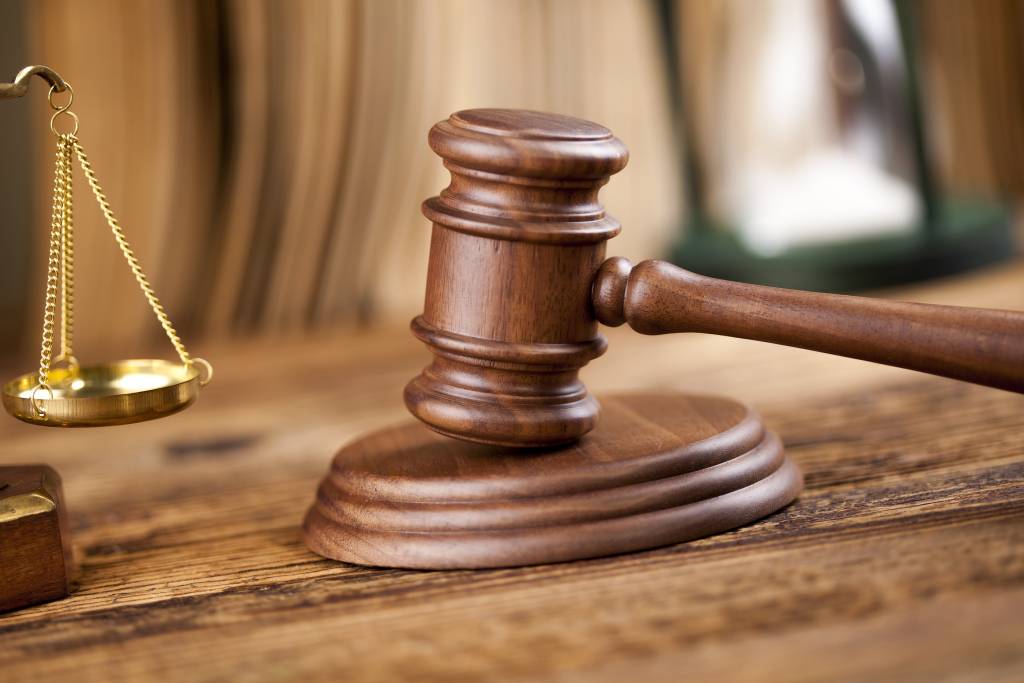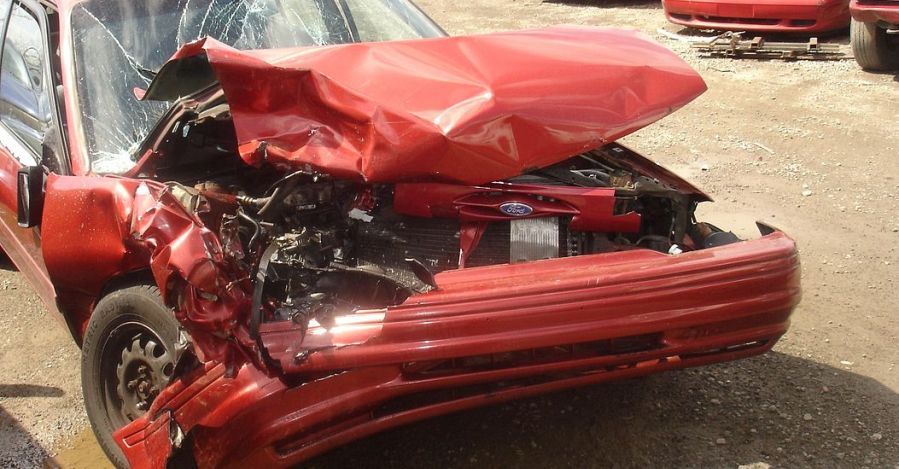If you lose a loved one in an accident as the result of another person’s negligent, reckless, or careless action or inaction, you’ll have to deal with genuinely tough emotional and legal matters all at once. It may be difficult, but you must consider filing a unfair loss claim as quickly as possible. When carelessness or negligence is the reason for a sudden, accidental death, surviving family members are legally entitled to compensation.
It doesn’t matter how a unfairly loss took place (with one exception discussed below). If another person’s negligence causes an accidental death, that person may be held legally responsible in the state of California with an illicit loss lawsuit – a legal claim for compensation. For example, if medical negligence results in a patient’s death, the survivors can pursue an illicit end lawsuit against the negligent healthcare provider(s) and/or the medical facility where the death occurred.
Other types of wrongful deaths include fatal car accidents caused by impaired or otherwise negligent drivers; a slip-and-fall from a staircase or a balcony because of a broken safety railing; or a fatal reaction to a pharmaceutical drug because of insufficient directions and warnings. Wrongly losses happen every day in California, in almost every way and in almost every setting you can imagine.
Whenever someone’s death is caused by someone else’s negligence (or by the negligence of more than one person), the survivors usually have the right to bring a civil lawsuit against the person or persons who were negligent. Although the details regarding unfair departure and the rights of survivors differ from state to state, each state’s wrongful death laws are based on the same basic legal principles.
PRECISELY WHAT IS A WRONGFUL DEATH CLAIM?
A wrongful death claim is a civil lawsuit that seeks monetary damages. In some states, only the surviving members of a decedent ’s immediate family qualify to bring a unfair departure action. In other states, in rare cases, someone other than a family member – but still close to the decedent – may have legal grounds to file a wrongly loss claim. The person bringing the action is called the plaintiff, and the person accused of negligence is called the defendant.
Typically, the plaintiff in a wrongful death lawsuit is an immediate family member suing on behalf of everyone in the decedent’s immediate family. A wrongful death lawsuit charges that a defendant acted negligently and was thus directly responsible for the decedent’s wrongful death. After a wrongly departure claim is filed, attorneys for both sides will usually attempt to reach a negotiated out-of-court settlement.
IN A WRONGFUL DEATH CASE, WHAT MUST A PLAINTIFF PROVE?
When an out-of-court agreement cannot be achieved, a plaintiff must then prove in court that his or her loved one’s loss meets the legal definition of a wrongful death. To prevail with a wrongful afterlife claim, a plaintiff must prove to the court that the defendant was negligent and that the negligence was the direct cause of the decedent’s death. Here are the precise legal points that a plaintiff must make persuasively:
- Duty of Care: First, the plaintiff must show that the defendant owed what the law calls a “duty of care” to the decedent. For example, drivers owe others a duty to drive carefully. Property owners have a duty to eliminate potential hazards on their properties. And pharmaceutical companies are obliged to test products for safety and to provide adequate directions and warnings.
- Breach of Duty: Secondly, a plaintiff must prove that a defendant breached the duty of care owed to the decedent. That is, the plaintiff must prove that the defendant was negligent.
- Cause of death: In a wrongful afterlife case, it is not enough for a plaintiff to prove that a duty of care existed or that it was breached in a negligent manner. A plaintiff must prove that a defendant’s breach of duty – a defendant’s negligence – was the direct cause of the fatality.
A plaintiff must meet the “burden of proof” for each of these three elements to prevail with a personal injury lawsuit. While the language of the law may differ somewhat in each state, most states generally require plaintiffs to prove a case with a “preponderance of the evidence.” In some states, jurors are instructed to decide if it is “more likely than not” that a defendant’s negligence was the direct cause of a wrongful death. In all civil cases, the burden of proof is much lower than criminal cases, where the proof of guilt must be “beyond a reasonable doubt.”
If a plaintiff in a wrongful death case cannot meet the burden of proof for any one of the three elements listed above, the wrongful death claim will fail, and the decedent’s survivors will not recover damages. As difficult as it may be, if someone loses a family member in southern California because of someone else’s negligence, an experienced Orange County wrongful afterlife attorney can provide the advice and insights that a family will need. In many cases, a wrongful afterlife attorney can quickly determine if a potential plaintiff has legal grounds to file a wrongful death claim and the evidence to prevail.
In almost every case where a death is caused by negligence, a wrongful death lawsuit is the proper response by surviving family members. However, California will not allow survivors to pursue a wrongful death claim for a workplace-related fatality where only the employer and no third party was negligent. Based upon the workers’ compensation “exclusivity rule,” a wrongful afterlife lawsuit against a deceased person’s employer will not be heard, because California courts have determined that fatalities which are strictly work-related do not fall outside of the state’s standard worker’s compensation coverage.
WHAT COMPENSATION CAN WRONGFUL DEATH SURVIVORS EXPECT?
The survivors of a wrongful loss deserve high-quality, aggressive legal representation. Everyone understands that no amount of cash can replace someone you love, but a wrongful loss lawsuit can compensate a family for their medical and funeral expenses, loss of companionship and consortium, future earnings, and lost benefits. Surviving family members may also be compensated for their suffering and emotional distress.
This has been a general introduction to wrongful death claims, but when a wrongful death actually happens in southern California, an Orange County wrongful death attorney can advise surviving family members regarding their legal rights and best options. Of course, whatever a family recovers in a wrongful death settlement or verdict is no compensation for a human life, but it is still important to hold negligent parties accountable – so that it won’t happen again.








